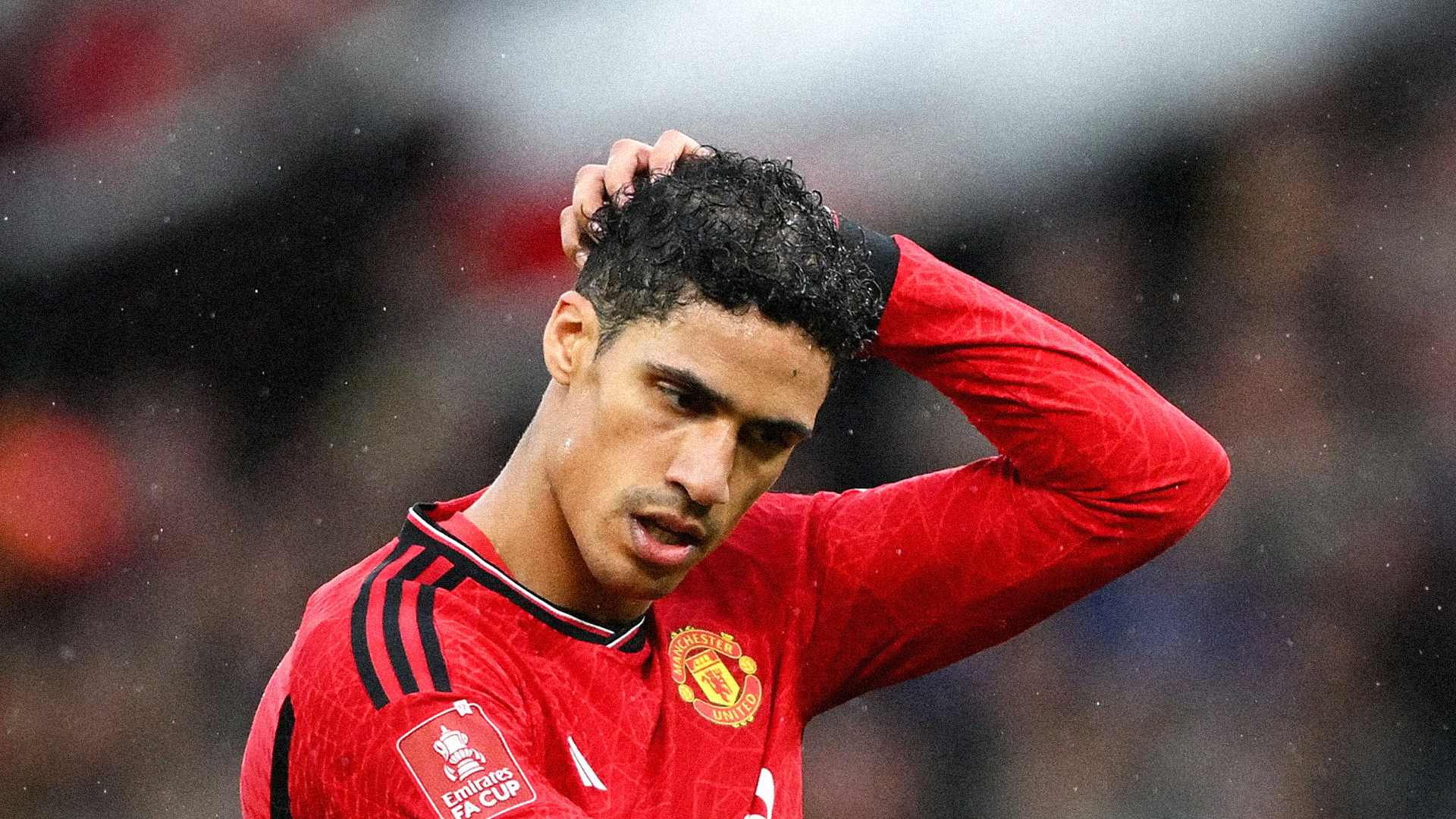The Manchester United player has opened up about the head injuries he sustained during games. Fans are commending him for an openness rarely found in the football industry.
Football has become a far more inclusive and tolerant game in the past decade. At least across the UK, where racism and hooliganism have long plagued the fan culture. But the sport still struggles to embrace open discussions around wellbeing – whether that’s amongst fans or players themselves.
The demand for more candour within the industry was highlighted this week when Manchester United player Raphaël Varane spoke about the impact football has had on his body.
The defender said he had suffered from numerous concussions, and called for more awareness among young players around the dangers of heading the ball.
Conversations around head injuries have been prominent within American football, after hundreds of players were found to have suffered from Chronic Traumatic Encephalopathy (CTE) caused by consistent impact to the head.
The impact of CTE has been covered several times in popular culture, including the 2015 film Concussion which follows the life of Bennet Omalu, the forensic pathologist who was central to research and widespread awareness of CTE in the US.
Of course, American football is a far more impactful sport than European football. But Varane’s experience highlights the need for wider acknowledgement around the health risks associated with the game.
Varane said he had suffered a concussion just days before playing in France’s 1-0 defeat by Germany in the 2014 World Cup quarter finals, as well as at his former club Real Madrid in the last 16 seconds of the 2020 Champions League.
During the game against Germany, Varane said he felt he was at risk having just been hit in the head at a game against Nigeria just days before.
‘I finished the [Nigeria] match but I was in ‘autopilot’ mode,’ he said. ‘The staff wondered if I was fit to play [Germany]. I was weakened, but ultimately I played, and rather well.’
‘My seven-year-old son plays football and I advise him not to head the ball. For me, that’s essential’ he told French news outlet L’Équipe. ‘Even if it doesn’t cause any immediate trauma, we know that in the long term, repeated shocks can have harmful effects.’
‘Personally, I don’t know if I’ll live to be 100, but I do know that I’ve damaged my body. The dangers of headers need to be taught on all amateur football pitches and to young people.’




















